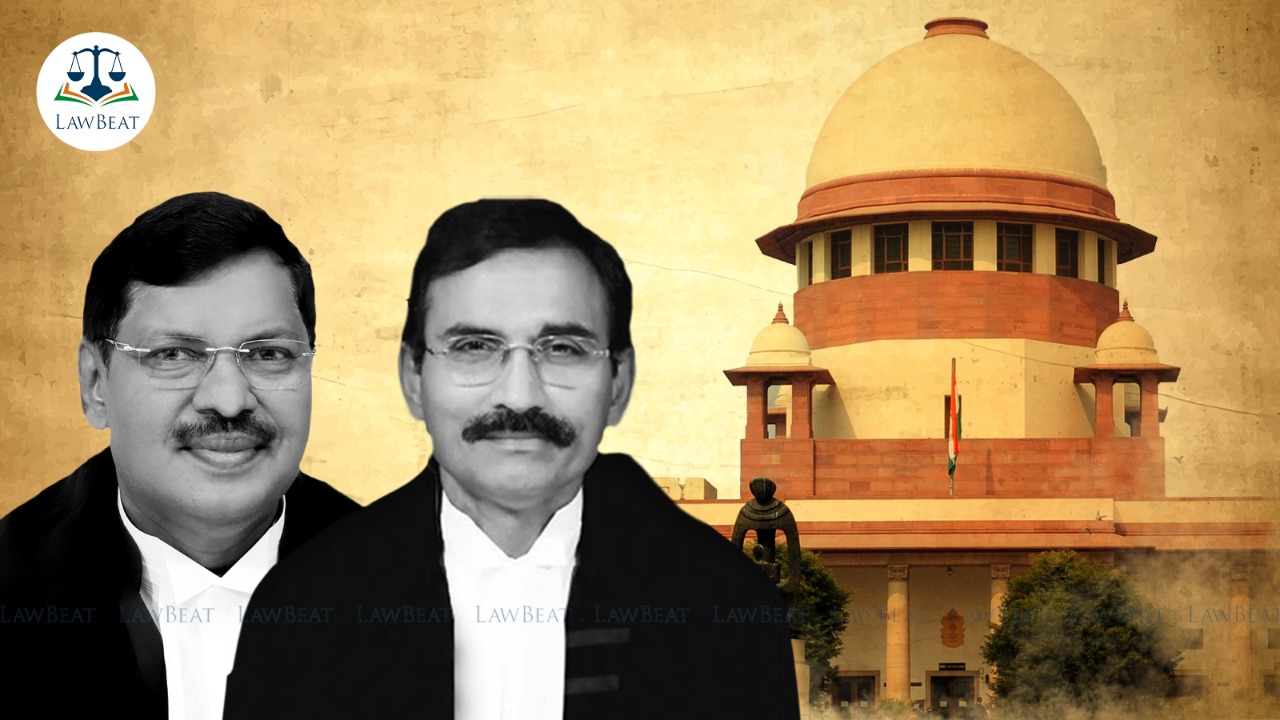Filing chargesheet sufficient compliance under S.167 CrPC: Supreme Court cancels bail granted to Directors of Adarsh Group

The Supreme Court has held that filing of a charge-sheet is sufficient compliance with the provisions of Section 167 CrPC and that an accused cannot demand release on default bail under Section 167(2) on the ground that cognizance has not been taken before the expiry of 60 days.
Holding thus, the top court allowed an appeal filed by the Serious Fraud Investigation Office (SFIO) who had challenged the order passed by the High Court of Punjab and Haryana granting bail to the Directors of Adarsh Group.
"The accused continues to be in the custody of the Magistrate till such time cognizance is taken by the court trying the offence, which assumes custody of the accused for the purpose of remand after cognizance is taken. The conclusion of the High Court that the accused cannot be remanded beyond the period of 60 days under Section 167 and that further remand could only be at the post-cognizance stage, is not correct....", observed a bench of Justices L Nageshwar Rao and BR Gavai.
Factual Background:
An investigation was directed to be conducted into the affairs of Adarsh Group of Companies and LLPs by the Central Government in exercise of the powers conferred under Section 212(1)(c) of the Companies Act, 2013 and sub-sections (2) and (3)(c)(i) of Section 43 of the Limited Liability Partnership Act, 2008. Inspectors were appointed by the Director, SFIO to carry out the investigation.
The two Directors were arrested pursuant to the approval granted by the Director, SFIO. On account of continuation of the investigation, the Special Court, Gurugram extended the judicial custody of the directors. In the meanwhile, they filed regular bail applications for being released on bail before the High Court which then directed the trial court to consider any application that may be filed by the two directors under Section 167 CrPC, in the meanwhile. On May 16, 2019, the Special Court extended their judicial custody till May 30, 2019.
Then they filed applications for statutory bail under Section 167(2) of the CrPC which were dismissed by the Sessions Judge, Gurugram on the ground that the complaint under Section 439(2) of the Companies Act, 2013 was filed on May 18, 2019, i.e., before the expiry of the 60-day period prescribed in proviso (a) to Section 167(2) of the CrPC.
The High Court considered the regular bail applications filed by the two and directed their release on bail on the ground that they were entitled to statutory bail. The sole reason given for grant of bail by the High Court was that the trial court has not taken cognizance of the complaint before the expiry of the 60-day period, which entitled them to statutory bail, as a matter of indefeasible right.
Court's view:
The only point that arose for the bench's consideration was whether an accused is entitled for statutory bail under Section 167(2), CrPC on the ground that cognizance has not been taken before the expiry of 60 days or 90 days, as the case may be, from the date of remand.
The Court further relied on the judgment in Suresh Kumar Bhikamchand Jain v. State of Maharashtra & Anr. to hold that the scheme of CrPC is such that once the investigation stage is completed, the court proceeds to the next stage, which is the taking of cognizance and trial.
It added that during the period of investigation, the accused is under the custody of the Magistrate before whom he or she is first produced, with such Magistrate being vested with power to remand the accused to police custody and/or judicial custody, up to a maximum period as prescribed under Section 167(2).
"Acknowledging the fact that an accused has to remain in custody of some court, this Court concluded that on filing of the charge-sheet within the stipulated period, the accused continues to remain in the custody of the Magistrate till such time as cognizance is taken by the court trying the offence, when the said court assumes custody of the accused for purposes of remand during the trial in terms of Section 309, CrPC. This Court clarified that the two stages are different, with one following the other so as to maintain continuity of the custody of the accused with a court....", noted the bench.
With this view the bench went on to allow the appeal.
Cause Title: Serious Fraud Investigation Office v Rahul Modi & Ors.
